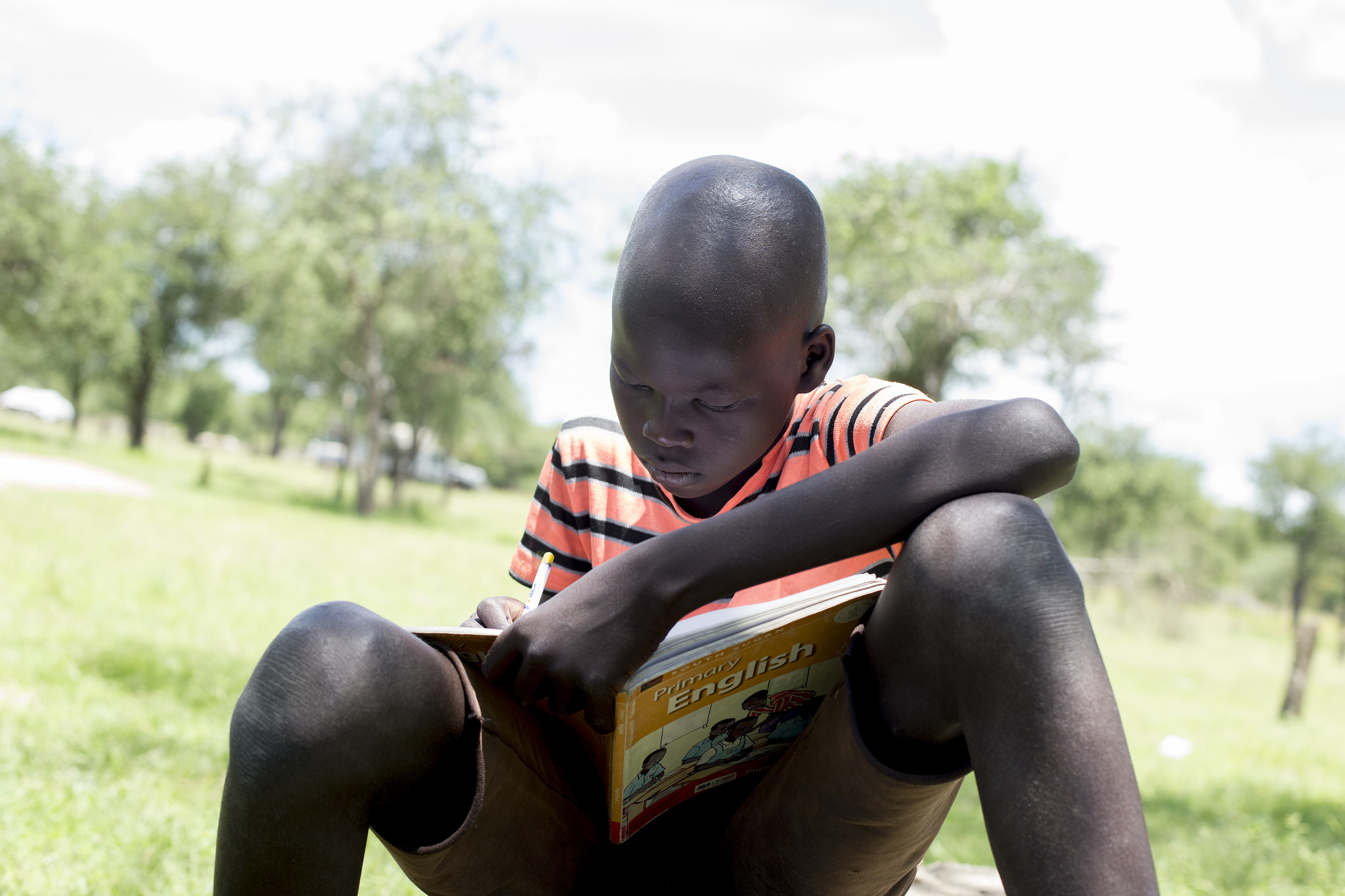Title: Understanding the Contributions of the Humanities to Human Development: A Methodological White Paper
Author(s): Danielle Allen, Chris Dean, Maggie Schein, Sheena Kang, Melanie Webb, Annie Walton Doyle
Publisher: Harvard University
Year: 2016
URL: http://www.pz.harvard.edu/sites/default/files/HULAWhitepaper.pdf
Topics: humanities, education, impact evaluations, assessment tools, evaluation as assessment
Methods: assuming/defining theoretical concepts about education, coding the learning pathways of the humanities, and then correlating the “logic” of the learning pathways with comparable logical constructs from the study of psychology
What it says: In this white paper, the Humanities and Liberal Arts Assessment (HULA) group at Harvard University proposes a theoretical and methodological framework for understanding and assessing the contributions of the humanities to human development, based on preliminary analysis of qualitative materials from partner organizations and other researchers.* The theoretical framework builds upon two different concepts about education: 1) education as a system of institutions, which is maintained by the state to serve utilitarian purposes (such as cultivating civic service or civic responsibility); and 2) education as individual acts of instruction, which relates to personal development. The practice of humanities is then likened to the practice of “crafts” that help advance education and contribute to human development. The methodological framework treats the humanities as “crafts” that follow certain “craft logics” (pathways by which the craft is practiced, towards the achievement of the goals of the craft). The main idea is that if each humanities practice could be broken down according to categorical logics of its practice, then each tool used and each step of progress achieved in undertaking the practice could be coded in a standardized way to help researchers assess its utility or value.
What I think about it: As a layman, I found the presentation of the language and construction of the HULA methodology too abstract and too academic, which could harm its mass adoption. The definitions and applications of the methodology need to be greatly simplified for the value of the concept to shine through. I am not entirely convinced that it is necessary to make so many parallel comparisons (humanities as “crafts,” each craft as an “artifact,” manner and purpose of humanities practices according to “craft logics,” each logic pathway translated from some comparable construct in psychology) as it could be more effective to simply make a strong case that every practice of the humanities could be coded according to certain logics, and define these logics in an easy-to-understand code book of sorts. I proposed a simplified summary of the main idea above, which could be a good place to start unpacking some of these concepts in a way that even non-experts like me can better understand and then adopt.
What it all means: HULA argues that gathering, coding and analyzing humanities as “crafts” that follow “craft logic” can help us break down the elements that make up a craft, order the elements in a logical developmental pathway, and ultimately understand how humanities practices lead to the achievement of particular educational or human development outcomes. Assumptions are made about each humanities practice in terms of the elements it comprises, how it works, what it is trying to achieve, and which skills it develops – and the effect or effectiveness of each of these components are then coded categorically. Applying the HULA methodology according to the proposed definitions and categorizations requires that the user is familiar with or can easily understand concepts that are rather academic and often abstract, which may ultimately limit its adoption by the wider public.
* It is unclear from this white paper how many partner organizations have been consulted, although the paper did explicitly note that the study sample included at least a “30-year archive of successful grant applications to the Illinois Humanities Council.”
